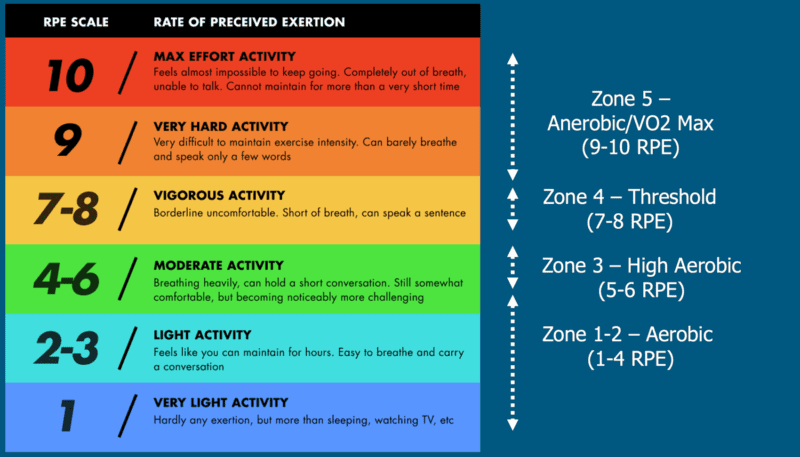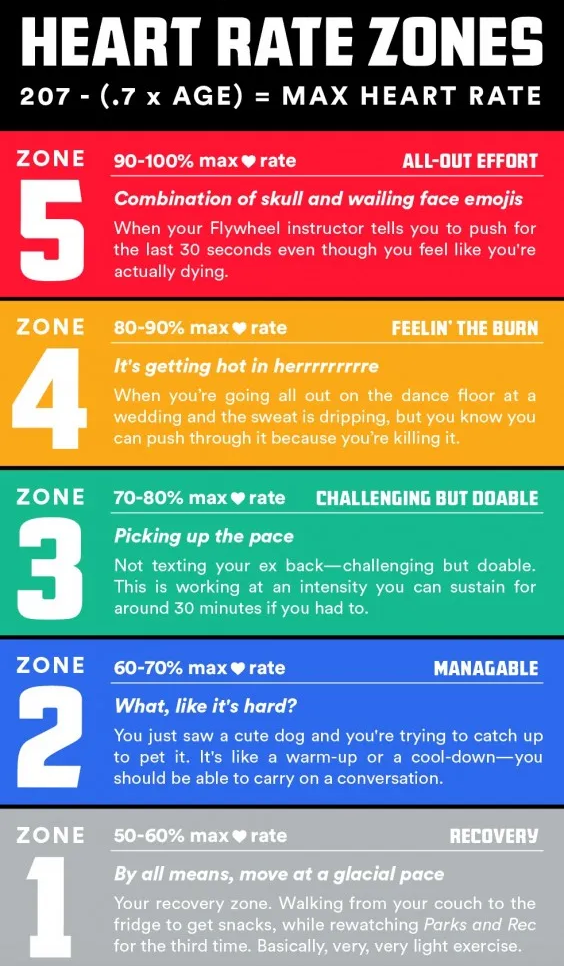Long Run for 5K
You have decided to run your 5K personal best.
However, for you to be successful, you have to follow a structured training plan. One of the workouts important for progress is the long run.
In this article, you will find out everything you need to know about the long run for 5K.
How long should a long run be for a 5K?
Generally speaking, a long run for 5K is between 5 and 12 miles long, that is, 20 to 30 percent of your total weekly mileage. This length varies depending on the weekly mileage of a runner, their experience, proneness to injury, and their training cycle.
There is no single right rule that will correctly calculate how long a long run for 5K needs to be.
The length of the workout varies from person to person, and the answer depends on what your goal for the workout is, your training capability, current fitness level, experience, and proneness to injury.
However, it is important to be careful when it comes to the maximum distance of a long run.
When preparing for a 5K, there is no need to run for more than 120 minutes as you do not gain any significant physiological benefits and elevate the risk of injury and the appearance of overtraining.
Example
If your current weekly mileage is 30 miles, then your long runs should not be longer than 9 miles or 120 minutes.
Below you can find my answers to the most common questions about a long run for 5K.

Are long runs necessary for 5K training?
Even though the 5K is a relatively short race, long runs are also an important and even crucial part of your preparation if you want to run your personal best.
Because of their numerous benefits, long runs are part of the training plan of almost all experienced 5K runners.
The 5K run is primarily an aerobic activity, which means that energy is released in the presence of oxygen through the oxidation of nutrients.
For this reason, it’s important to incorporate workouts that improve your aerobic power. Long runs are one of these workouts.
If you are a beginner and your goal is only to finish your first 5K, then long runs won’t be necessary.
In this case, your training will consist of alternating between walking and running.
Over time, as your body becomes accustomed to the effort, the running segments will become longer and the walking periods shorter until you’re able to complete a full 5K run without stopping.
What are the benefits of a long run for 5K?
If you want to run a faster 5K and run your personal best, then long runs are crucial due to their numerous benefits.
As I have already stated, your aerobic system plays the main role in running the 5K, so our goal is to improve our aerobic capabilities through training in order to be faster.
Long runs increase the number of enzymes in your muscle cells, as well as the development of capillaries (blood vessels that help carry oxygen and nutrients to muscle tissue and remove waste products from it).
The greater the number of capillaries surrounding each muscle fiber, the faster the transfer of oxygen and carbohydrates into your muscle will be, meaning that you produce energy faster.
The more oxygen you can deliver to your working muscles, the better their performance will be.
Long runs increase the strength of your muscles and connective tissues.
The stronger your muscles, tendons, bones, and ligaments are, the less prone to injury you will be and more capable of performing specific pre-race workouts, such as interval training.
Likewise, long runs increase your pain tolerance and fatigue resistance and build your self-confidence.
Read more: The Purpose of the Long Run (21 Long Run Benefits)

Will the long run make me faster?
Long runs will make you faster because they improve your running economy by developing your endurance and increasing your aerobic strength, allowing you to maintain a certain pace for a longer time.
Besides that, long runs also strengthen your heart and increase its stroke volume.
It means that they increase the amount of blood that your heart can pump in a single heartbeat, allowing your muscles to receive greater amounts of oxygen-rich blood.
Likewise, long runs strengthen your tendons, muscles, and joints.
That way, you prepare for more specific workouts that help you develop speed, while also reducing the risk of injury.
What pace should your long run be for 5K?
Your pace for lung runs used as preparation for the 5K race varies. It depends on multiple factors such as the type of long runs that you will be doing, your current fitness level, experience, terrain, and weather conditions.
In order to include long runs into your training plan for the 5K, it is important to predetermine the goal and purpose of the workout in order to determine the intensity and exertion that will be necessary for its performance.
The goal of long runs for 5K is the development of aerobic capabilities that are achieved through long-distance running.
Long runs are done at a conversational pace, meaning that you can speak normally during running, without losing breath in the process.
This pace is equal to 55–75% of your current 5K pace. According to the scale of perceived exertion (RPE scale), the level of exertion is estimated at around 3 to 4.

If you follow your heart rate during running, then your long runs are placed in zone 2, that is, around 60–70% of your maximum heart rate.
It is important to know that numerous factors affect your heart rate. Because of that, focus on effort and not on pace in order to stay within a certain zone.
That way, you will get the physiological benefits of a long run that will be helpful for the 5K without increasing the risk of injury or the appearance of extreme fatigue.

How often should you do long runs for 5K?
When training for 5K, it is sufficient to do long runs once a week.
That said, you must make sure that this workout fits your overall training plan in terms of length and exertion level.
Long runs are just one type of workout, and they are not an important form of preparation for the 5K when compared to specific workouts, such as interval or tempo training.
Therefore, make sure that you do not go overboard with the length and intensity of long runs and give your body enough time to recover in order for you to be ready for faster workouts.
To learn all about long run read this article: What is Considered a Long Run? (5 Long Run Examples).

Matea Matošević
Hi, I’m Matea! I’m an Olympic Marathon Runner, founder, and writer behind OLYRUN.com. On this site, I provide help in the form of my knowledge and experience to all who love running and active living. Read more…

